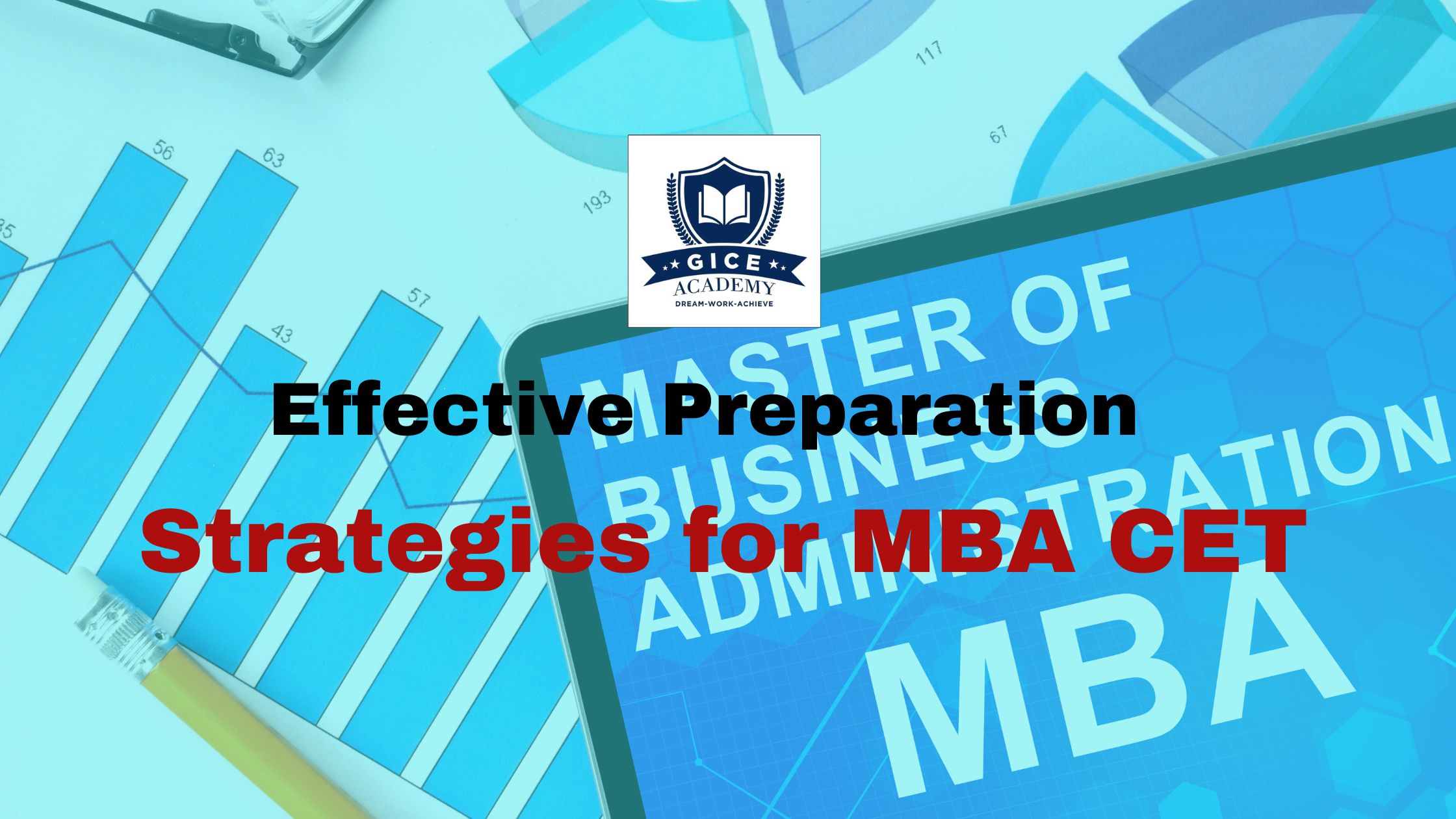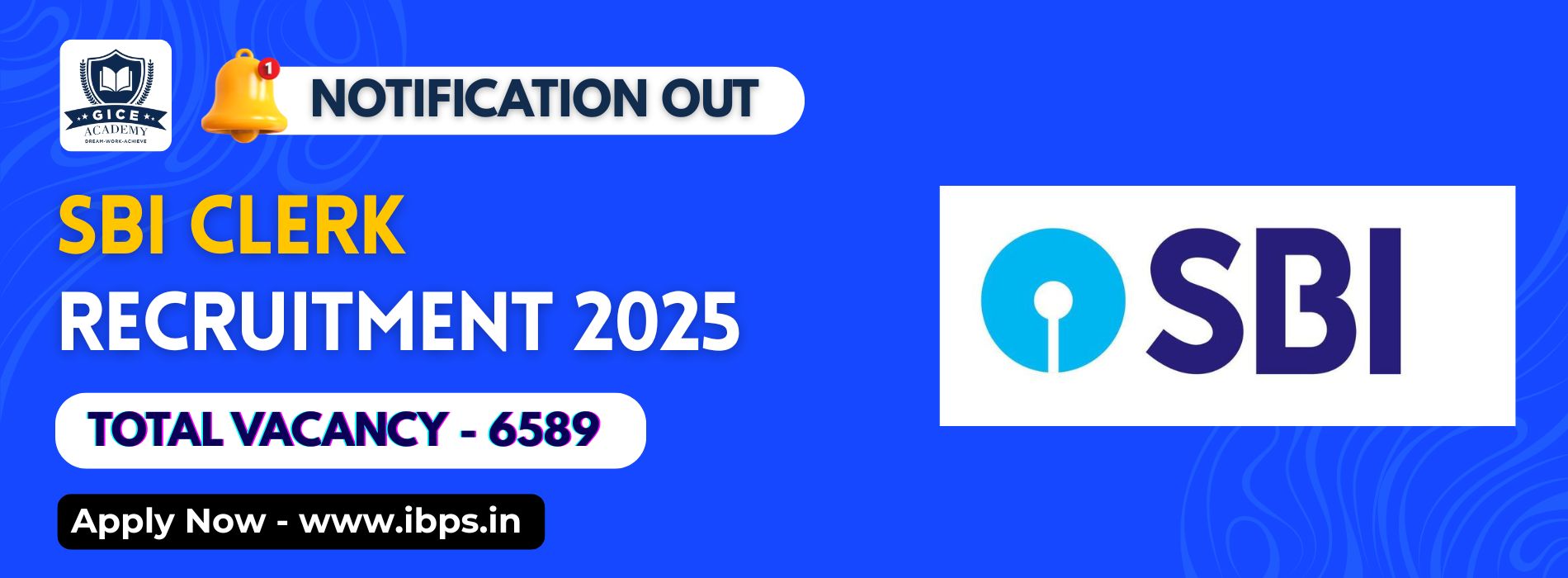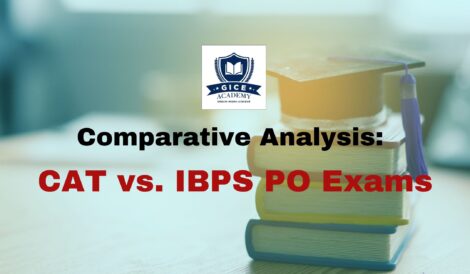1. Introduction
1.1 Overview of MBA CET
Maharashtra Common Entrance Test or MBA CET is an important exam for those who want to join MBA programmes in colleges spread all over Maharashtra. Many students get attracted to this exam to start their journey into the education of management and subsequently to the business world. It happens to be a doorway through which students can gain access to some of the top institutes for management studies in Maharashtra, eventually becoming leaders, managers, and entrepreneurs in the business world.
MBA CET will examine the student’s logical skills, numbers, and language. By a good rank, candidates get admission to some of Maharashtra’s best business schools. For example, JBIMS, SIMSREE, PUMBA, and others. An MBA student can opt for various MBA categories where educational institutes concentrate on finance, marketing, human resources, or operations. Now, let’s see importance
1.2 Importance of Strategic Preparation
MBA CET preparation needs a strategic approach. Students prepare when they begin earlier and make steady study material. A strategic approach helps to cover all the topics necessary for students in a planned manner. It reduces stress and would help to produce better results efficiently. Preparation does not depend on long hours spent studying, but on consistency where one can retain his concepts better and enhance his understanding of the subject.
A good plan allows the students to cover all types of subjects and the individual has lots of confidence in his mind before the exam. Students who follow a planned approach will surely achieve an excellent performance because they will know well where they need to improve and stick on accordingly and thereby improve gradually. Also, having a clear time and specific objectives helps keep the students motivated during all their preparation journey.
2. Understanding the MBA CET Exam Pattern
2.1 Exam Pattern
The key sections of the MBA CET comprise the following:-
- Logical Reasoning
- Abstract Reasoning
- Quantitative Aptitude
- Verbal Ability and Reading Comprehension
| Section | Number of Questions |
|---|---|
| Logical Reasoning | 75 |
| Abstract Reasoning | 25 |
| Quantitative Aptitude | 50 |
| Verbal Ability/RC | 50 |
The number of questions is 200. These need to be completed within 150 minutes. Since there is no negative marking, students can attempt all the questions without losing marks. That too is a big relief, as candidates have full liberty to take calculated risks and attempt more questions thereby maximizing their score.
The exam format does not allow sufficient time to answer all questions, so time management will be required for all of the exam sections. Students must practice timed conditions to familiarise themselves with the pressure of actual time and to attempt to increase their speed and precision.
2.2 Syllabus Overview
Here’s a quick breakdown of the key topics for each section:
- Logical Reasoning: Puzzles, seating arrangements, coding-decoding, series, inequalities, direction sense, blood relations.
- Abstract Reasoning: Pattern recognition, figure completion, odd-one-out, mirror images, paper folding.
- Quantitative Aptitude: Arithmetic, algebra, geometry, data interpretation, number systems, percentages, time and work.
- Verbal Ability/Reading Comprehension: Vocabulary, grammar, reading passages, sentence rearrangement, para jumbles, synonyms, and antonyms.
It is, therefore, important that the student is all conversant with all of these and the nature of questions asked so that they can identify areas that require the most attention and can accordingly plan their preparation.
3. Developing a Study Plan
3.1 Time Allocation
Time management is the most crucial aspect for doing well in the MBA CET. Divide your study time according to your strength and weakness. For example, if you are good with math but weak in English, then spend more time with verbal ability improvement. A well-balanced approach ensures that no section is left unattended and all aspects are covered properly.
| Section | Suggested Study Hours per Week |
| Logical Reasoning | 6 hours |
| Abstract Reasoning | 4 hours |
| Quantitative Aptitude | 8 hours |
| Verbal Ability/RC | 6 hours |
Set daily achievable goals, such as solving ten puzzles or reading two comprehension passages. Setting such manageable goals helps in keeping up and not getting burnt out. It also helps in gaining momentum, as the accomplishment of daily goals brings the feeling of progress.
3.2 Resource Selection
Proper use of books and online study material improves matters. It definitely makes all the difference between the right study material and wrong in mastering concepts and practicing accordingly.
- Books: “Quantitative Aptitude for Competitive Exams” by R.S. Aggarwal and “Verbal and Non-Verbal Reasoning” by Arihant Publications are great choices. These books cover all the key concepts and provide plenty of practice questions.
- Online Resources: Apps like Testbook, Unacademy, and YouTube channels dedicated to MBA CET can help. Many of these platforms offer free resources like video lectures, practice questions, and mock tests, which can be very useful for students who prefer self-study.
- Coaching Materials: If you are enrolled in a coaching institute, make sure to use the study materials they provide, as these are often tailored specifically for the MBA CET exam.
4. Prep Plan Category Wise
4.1 Logical Reasoning
Logical Reasoning refers to the puzzle and seating arrangement related questions. Through regular practice, it will enable you to approach and solve these quickly and accurately.
- Practice: Practice questions from the previous years’ papers are an excellent indication of the kind of questions being asked in the examination. Practicing different kinds of puzzles, linear and circular seating should be considered while making a prep plan as all variations should be covered.
- Tip: Start the easiest puzzles and graduate to the most challenging. In this way, one will be able to solve problems very confidently and with speed, even the tricky ones. One should, therefore, learn the logic behind all the varieties of questions and not merely memorize the steps involved. help in building confidence and improving problem-solving speed. Also, focus on understanding the logic behind each type of question rather than just memorizing the steps.
4.2 Abstract Reasoning
This module deals with patterns and visual reasoning. You need to be able to spot a pattern in shapes and figures to be successful. Much practice is required to deal with the relationships between elements tested on Abstract Reasoning.
- Daily Practice: You should spend at least 30 minutes per day on abstract reasoning questions. It will become very comfortable with different kinds of patterns and be able to solve them quickly.
- Example: Look for patterns in everyday things, like tiles or wallpaper designs. The more observation of real life patterns you have the more your abstract reasoning skills will improve with this type of practice.
4.3 Quantitative Aptitude
Quantitative Aptitude covers arithmetic, algebra, and data interpretation. It is important to understand the basic concepts well. Many students find this section challenging, but with consistent practice, it becomes manageable.
- Concepts to Master: Percentages, ratios, time and work, profit and loss, averages, simple and compound interest. These are some of the most frequently asked topics in the exam, and mastering them is essential for a good score.
- Practice Tip: Solve problems from different topics every day to stay in touch with all areas. Use timed practice sessions to simulate exam conditions and improve your speed. Additionally, try solving data interpretation sets, as they require both calculation skills and analytical thinking.
4.4 Verbal Ability/Reading Comprehension
To score well in Verbal Ability, focus on building a good vocabulary and improving your grammar. Reading comprehension is also an important part of this section, and practicing regularly can help improve both speed and accuracy.
- Read Regularly: Reading newspapers, like The Hindu or Times of India, can help improve your comprehension skills. Pay attention to editorials, as they often contain complex language and ideas that are similar to the reading comprehension passages in the exam.
- Practice: Do at least two reading comprehension passages daily. Practice different types of questions, such as inference-based, fact-based, and vocabulary-based questions. This will help you get familiar with the different question types and improve your accuracy.
5. Make use of Mock Tests and Practice Papers
5.1 Importance of Mock Tests
Mock tests are almost like a dry run for the actual test. One gets accustomed to the pattern of the examination and the stress of time during mock tests. Mock tests also build up areas that need improvement and give you a more realistic picture of your current level of preparation.
- Simulate Exam Conditions: Take mock tests under the same conditions as the actual exam. This means sitting in a quiet place, timing yourself, and avoiding any distractions. The more closely you simulate the actual exam, the better prepared you will be.
- Frequency: Aim for one mock test every week initially, then increase to two as the exam nears. Regular mock tests help in tracking your progress and identifying the areas that need more work.
5.2 Analysis of Performance
After every mock test, spend time analyzing what went wrong. It is an essential step while improving your performance. Learn from your mistakes; you won’t do that again next time.
- Identify Weak Areas: If you feel you really need to practice Logical Reasoning, you ought to spend more time on it. Write down a specific kind of question or type that seems to throw you off a lot, and on your study periods, try to focus more on practicing that particular kind of question.
- Improve: Write a list of errors to avoid and avoid them while attempting subsequent question papers. Record progress by keeping a journal of topics improved and areas that are not improved.
6. Time Management Techniques
6.1 Exam Strategy
Plan the order in which you will attempt the sections. Some students prefer starting with their strongest section to build confidence, while others may choose to begin with a section that requires less time.
- Suggested Order: Start with Logical Reasoning, then move to Quantitative Aptitude, followed by Abstract Reasoning, and end with Verbal Ability. This order allows you to tackle the more challenging sections first when you are fresh and focused, and then move on to the less demanding ones.
6.2 Speed and Accuracy
Speed and accuracy are both crucial for success in MBA CET. To improve these skills, you need regular practice and the use of effective techniques.
- Timed Practice: Solve questions based on a time you would take or are comfortable for you to solve within that time. Practice solving questions under such timed conditions so that you get accustomed to the pressure of speed solving.
- Shortcuts: Learn as many calculation shortcut keys as you can. Meaning, you will learn squares and cubes of at least up to 20 numbers and percentage values are used in frequent calculations. So, practice such shortcuts regularly so that they become a habitual performance to you.
7. Revision and Final Preparation
7.1 Periodical Revision
You need to frequently revise topics. Revision is a process that one goes through constantly, and what’s good is, go through previously studied things so that you don’t forget them.
- Weekly Revision: Go through important formulas and concepts every week. Allocate specific days for revision so that it becomes a part of your study routine.
- Flashcards: Flashcards Use flashcards for quick vocabulary and formula revision. Take them with you, and then there are always times to spare while traveling or on breaks.
7.2 Stress Management
Stay calm during your preparation. Take breaks, exercise, and maintain a balanced routine. Preparing for a competitive exam can be stressful, but it is important to take care of your mental and physical health.
- Relaxation Techniques: Practice deep breathing or meditation to manage stress. Taking a few minutes each day to relax and clear your mind can help you stay focused and reduce anxiety. Engaging in hobbies like music, drawing, or playing a sport can also help in relieving stress.
8. Utilizing Coaching and Online Resources
8.1 Coaching Institutes
Some students find coaching institutes helpful as they provide structured guidance and a competitive environment. Coaching classes offer a disciplined approach to studying and help students stay on track.
- Select the Best Institute: Choose an institute that has good reviews and productive teachers. Institutions with personal attention are also a good thing along with good previous track record of their students clearing the MBA CET.
8.2 Online Platforms
Video Lessons and Mock Tests from Online Websites: Unacademy, BYJU’S, and numerous other sites offer video lessons and mock tests. This is excellent because the flexibility of studying according to one’s pace can be very helpful for working professionals or people who are too busy to sit and study.
- Online Forums: Join online forums to discuss doubts with fellow aspirants. Platforms like Telegram and Quora have groups where students share resources, solve doubts, and motivate each other.
9. Post-Exam Strategies
9.1 Result Analysis
Once the results are out, understand your score and percentile. Analyzing your performance helps you understand where you stand and what areas need improvement if you plan to attempt the exam again.
- Identify Improvements: Note down areas where you lost marks and improve for future attempts. Compare your scores in different sections to identify which ones need more focus.
9.2 Counseling and Admission Process
Prepare for the counseling process, which includes group discussions and personal interviews. These are important parts of the admission process and require preparation just like the written exam.
- Documents to Keep Ready: Keep your mark sheets, ID proofs, and other necessary documents organized. Create a checklist to ensure you have all the required documents for the counseling process.
10. Conclusion
10.1 Recap of Key Preparation Aspects
Preparing for MBA CET requires a clear plan, good resources, and regular practice. With a structured approach, anyone can do well in the exam. It is important to stay disciplined, practice consistently, and revise regularly to ensure success.
10.2 Final Tips for Success
- Stay Motivated: Believe in yourself and keep a positive attitude. Self-belief plays a major role in achieving your goals. Surround yourself with supportive people who motivate you to do your best.
- Consistency: Study regularly, and do not leave everything for the last moment. A consistent effort over time yields better results compared to cramming at the last minute. Set realistic goals and track your progress to stay motivated.
By following these strategies, you can boost your chances of getting a good score in MBA CET and start your journey towards a bright future in management. With hard work, dedication, and the right approach, success is well within your reach.




